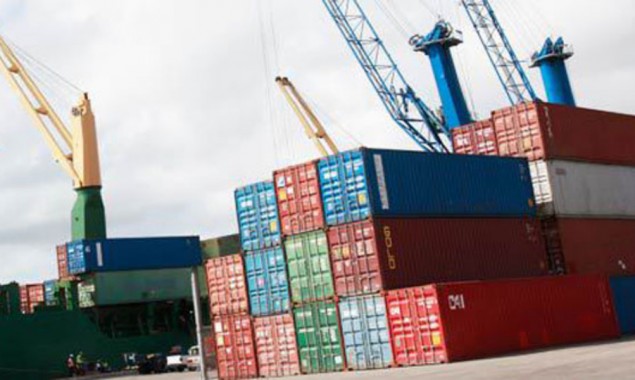
The government has approved huge cuts, including rebates on raw materials, under 600 tariff lines to boost exports from conventional and non-traditional sectors.
According to the report, this decision will be announced in the budget of 20-2021.
Apart from this, there are several other tariff lines that will be considered for a reduction in duty. In Budget 21-2020, the government had reduced tariffs on 2,000 tariff lines.
Prior to the next budget, the National Tariff Commission has submitted a report to the Ministry of Finance stating that the government’s tariff plans have led to industrial growth in the country, with duty exemption on raw materials being imported in large quantities and later. These industries increase exports.
At the sectoral level, this results in changes in intermediate input tariffs, which significantly affect exports of textiles, timber, rubber, plastics, glass, metals, chemicals and electrical appliances.
Research shows that a one per cent reduction in tariffs increases imports by 2.8 per cent, while a one per cent reduction in import tariffs reduces the value of raw materials (unit value) by 0.6 per cent.
In 20-2019, the government abolished 3% customs duty (CD) and 2% additional customs duty (ACD) on the import of a raw material jute fibre, resulting in a 3% import price of jute fibre in 2020-20. From $30 million to 5 52 million, jute fabric exports rose to $7.8 million in 2020 from $13,000 a year earlier.
This clearly indicates a link between the reduction in tariffs and the consequent increase in exports.
Nitrile butadiene rubber (NBR) used in industrial gloves was exempted by the government from 3% CD, 2% ACD in 2019-20, resulting in an increase in import value of NBR to 21-2020. Exports rose to $6.6 million from $4.1 million last year, while industrial glove exports rose to $92.4 million in 2020 from $67.4 million in 2018-19.
The government had reduced 3% CD, 2% ACD on wood pulp, which increased the import value of this raw material from $60 million last year to $80 million in 2020-11. Exports of paper and paperboard reached $30 million in 2020, up from 7 700,000 last year.
The government had waived 3% CD and 2% ACD on the import of raw material tire cords used in the manufacture of motorcycle tires in 2019-20, resulting in an increase in the import value of raw material to 21% in 2020. Exports of motorcycle tires increased from $4 million in 19-2018 to $9,650,000 in 2012-13, up from 83 13.9 million a year earlier.
Similarly, the government had given a rebate of 3% CD and 2% ACD on natural rubber, the raw material used in the manufacture of footwear, as a result of which the export of footwear increased from $2.8 million in 2020 to $28 million last year. It increased to 28 million 58 thousand dollars while the export of shoes also saw a clear increase in volume.
Read More News On
Catch all the Business News, Breaking News Event and Latest News Updates on The BOL News
Download The BOL News App to get the Daily News Update & Follow us on Google News.




